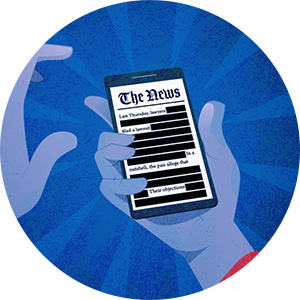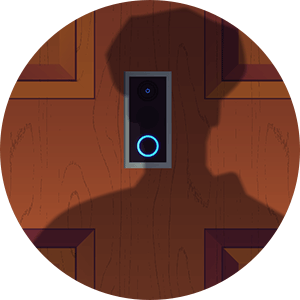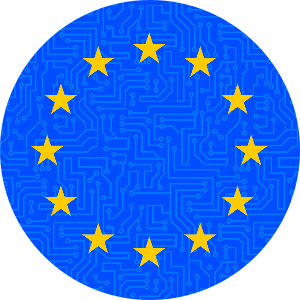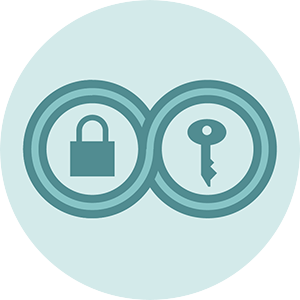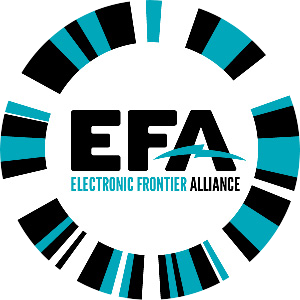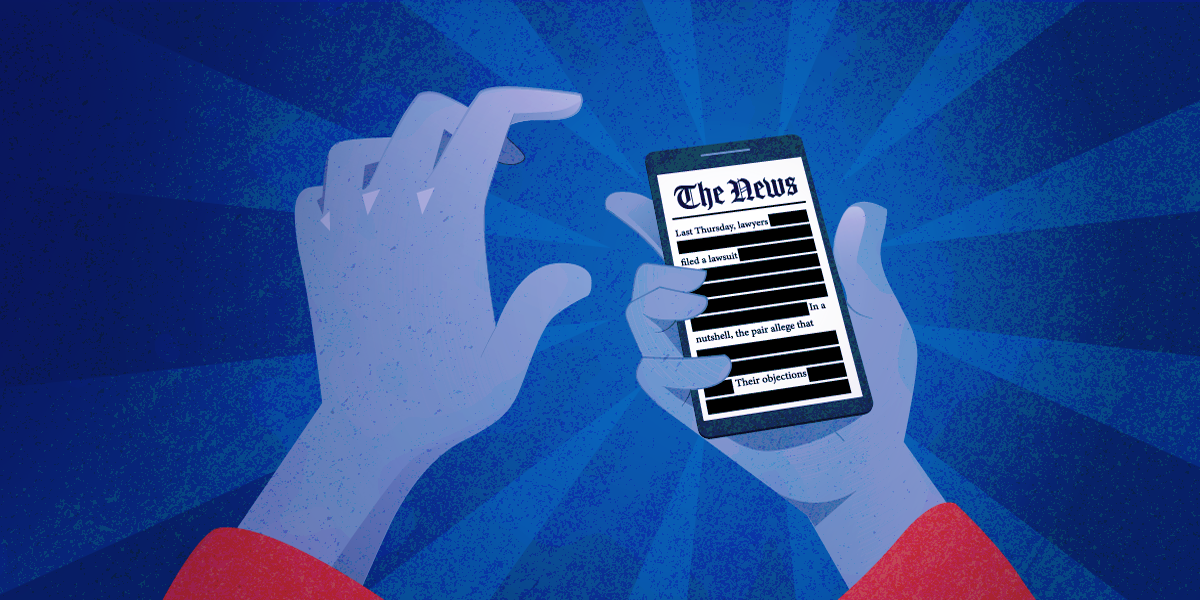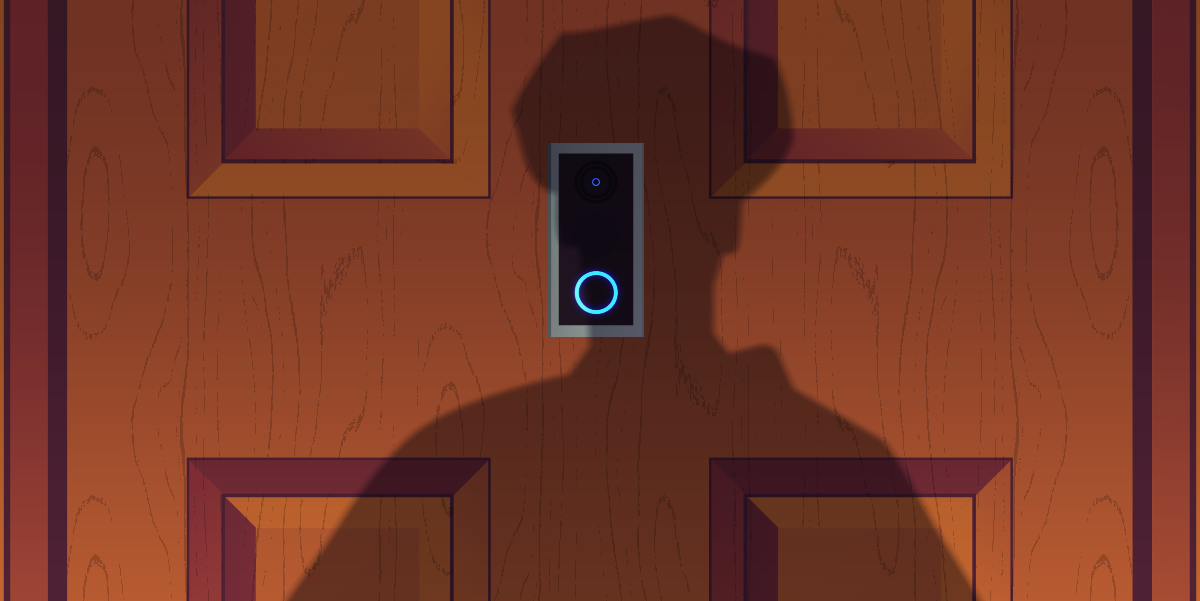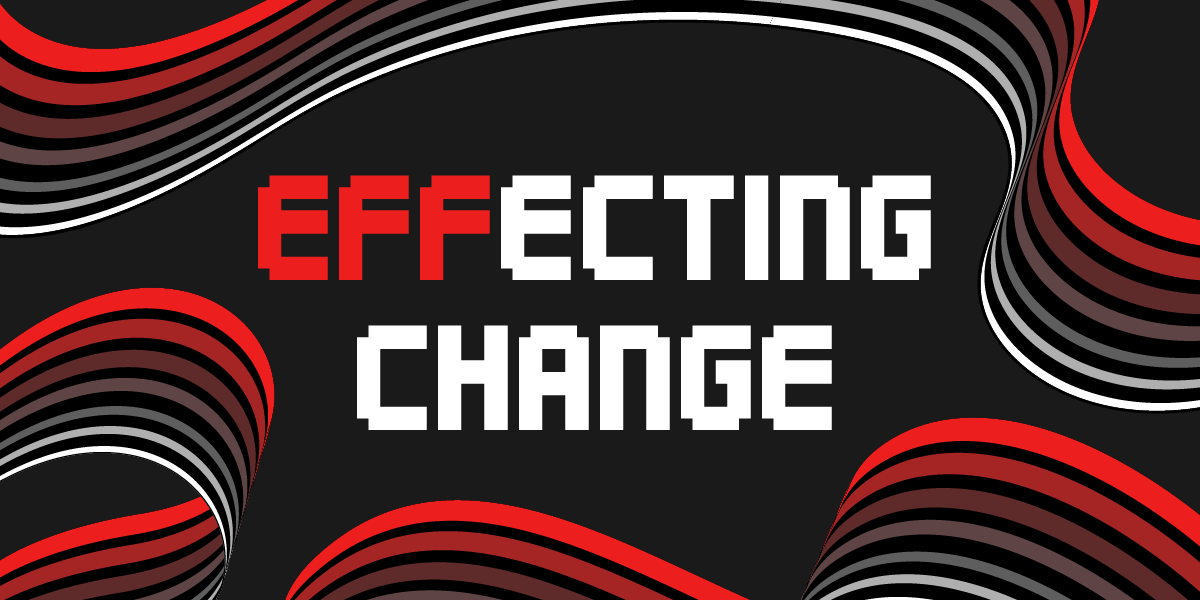
Dear friends,
In 2024, the fight for digital rights became more urgent, and more global, than ever. With your support, EFF rose to meet the moment. We battled censorship, challenged invasive surveillance, defended innovation, and worked to secure a safer internet for everyone. And we did it while holding firm to a core belief: Technology should empower people, not exploit them.
Because of you — our members, donors, and broader community — we made real progress.
We raised our voices against the Kids Online Safety Act, a dangerously misguided proposal that would censor the internet under the guise of protecting minors. But rather than speak for young people, we asked them directly. Thousands responded, sharing powerful, personal stories about how the internet helps them learn, connect, and grow. Their message was clear: They don’t want a censored internet; they want a safe and open one. EFF amplified those voices where lawmakers too often ignore them.
We fought to protect journalistic freedom, helping the independent outlet Indybay stand up to an unconstitutional police warrant and gag order. And we continued to resist the overreach of law enforcement across the board, celebrating a major win when a federal appeals court ruled that dragnet geofence warrants are categorically unconstitutional.
Together with the public, we also forced powerful corporations to back down. After nearly five years of pressure, Amazon Ring finally disabled its direct line between police and users, ending a tool that encouraged casual, warrantless surveillance in neighborhoods across the U.S.
And in a major win for net neutrality, the FCC restored strong protections against blocking, throttling, and paid prioritization. This happened because advocates, including EFF and our community, refused to accept an internet shaped by corporate control instead of user choice.
We continued to defend the foundations of the open web. We stood up for a developer operating a free Interplanetary File System (IPFS) gateway, reminding the world that you can’t blame infrastructure for how people use it. We also helped secure a legal victory affirming that police drone footage cannot be kept secret from the public under California’s records law, an essential precedent in this age of automated surveillance.
Globally, we worked to help human rights keep pace with technology. In Colombia, our legal advocacy helped bring about a landmark court decision that found the government guilty of unlawfully surveilling a human rights legal collective. In Europe, our policy team helped shape internet regulations to protect free expression and privacy. And across Latin America, we released a guide for governments using AI, insisting that public decision-making powered by algorithms must still be fair, transparent, and accountable.
2024 also marked 15 years of our Surveillance Self-Defense project, which continues to help millions of people take control of their digital security. We overhauled our guides, added new translations, updated critical tools, and launched new resources to meet the needs of users around the world because safety shouldn’t be a privilege. It should be a right.
As always, we are able to do this work only because of you. EFF doesn’t take government money. We’re not beholden to tech giants. We are proudly independent, and we rely on people like you — our donors, members, and supporters — to make our work possible.
When you support EFF, you’re not just funding legal briefs and code. You’re investing in a better digital future, one where your children, your communities, and you yourself are empowered to speak, create, explore, and connect without fear.
Thank you for standing with us in this fight. With your continued support, we will keep building a more equitable digital world that puts people first.
Sincerely,

Cindy Cohn, EFF Executive Director
Build a Better Digital Future.
Donate to EFF.


